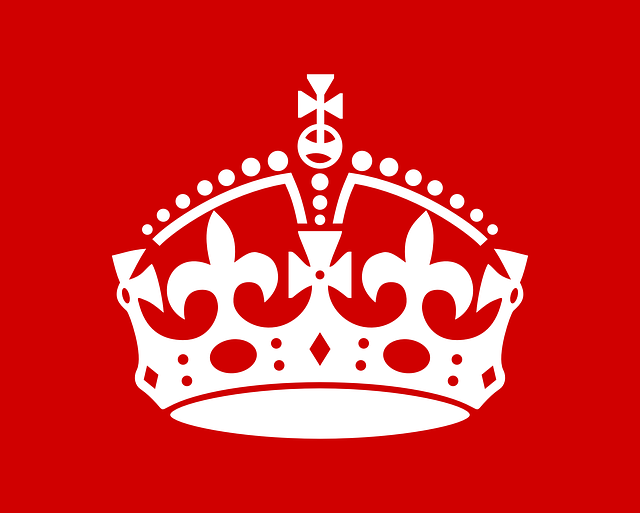
AND now for something completely different as Monty Python impressed on us back in the late sixties. Indeed, I never imagined that I would ever write anything under this heading, but as John Maynard Keynes memorably put it, ‘When my information changes, I alter my conclusions.’ This piece uses Britain as a reference point, but the case is general.
I have no particular liking for members of the British Royal Family. There are far too many of them for the national purpose and some of them have major character defects. To me their interests, past times, and friends and acquaintances are part of an alien culture. They are surrounded by pomp and circumstance that is at odds with modern times. So, why not have an elected president, someone really worthy in the tradition of Mary Robinson or Václav Havel. How about Will Hutton or Helena Kennedy? There are some decent Tories around such as Dominic Grieve and Chris Patten and from Labour Margaret Beckett and Harriet Harman. Paddy Ashdown is sadly dead.
Problem solved; but it isn’t. It would be none of these admirable people: they would be rejected as part of the intellectual, metropolitan elite in favour of some right-wing populist such as Nigel Farage or Boris Johnson; maybe even a football personality since it is sport that now appears not only to be Britain’s national religion, but its political obsession as well. To be fair, Gareth Southgate has sounded suitably presidential. In the past in a British republic there would certainly have been a President Margaret Thatcher; perish the thought.
Personalities aside, the real problem is that an election for head of state would open up the country to bitter contestation about who is fit to represent it. This would be Brexit all over again with compound interest; and a significant minority would reject whoever is elected. The institution of monarchy if well managed is potentially unifying, although in the case of Britain it could do with an extensive modernising make-over. It represents continuity (to the very second) and political neutrality. People are schooled to occupy thrones, although there is no guarantee that laws of succession will not throw up a bad apple. Some of the most stable, democratic and equitable nations are monarchies, although of the more down-to-earth variety.
There is growing pressure for more and more elected representation, although interestingly the people of Bristol recently decided to do away with direct election of their mayor as the outcome was felt to be undemocratic. The background to elections is increasingly flawed by social media-driven interference that produces fake news, propaganda and other forms of manipulation. A trend of unreason has been unleashed and is already extremely influential. We can no longer bank on logic and common sense to prevail – even eventually.
This reinforces the case for appointed upper houses. During the Brexit process the House of Lords played an important role and illustrated the potential value of the restraints of wisdom and expertise over wild, populist, short-term sentiment. By contrast the National Council of Provinces, South Africa’s upper house, is generally a waste of time largely reflecting the same popular vote that produced the House of Assembly. Yet the concept of a council of elders is authentically African.
Democracy is all too often reduced to majoritarianism: if a majority, even of one, believes in something, it is sanctified as the popular will regardless of moral or practical consequences. Referenda are the extreme versions of this doctrine: simple questions and easy answers that feed populist sentiment. But democracy is about far more than expressing an opinion on social media or casting a vote. It’s about preserving institutions that enable freedom such as the national constitution, rule of law and the judicial system; and making sure that the civil service and all levels of governance serve the nation. We cannot assume that those are popular causes.
Elected politicians have truncated views of the future: with horizons usually no further than the next round of elections. Opportunism and short-termism are rife. This is why societies need a restraining layer of the expert, the wise and the experienced to provide a longer and broader view that serves society rather than immediate political objectives. One crucial issue is careful stewardship and custodianship of the institutions that make responsible and necessary change possible. Like academic freedom, democracy requires an environment of stability and restraint in which to flourish to everyone’s benefit.
This is an age in which the intellect and expert knowledge are trashed by the bumper sticker culture and wild conjecture of social media, plus cyber and other interference from authoritarian regimes. It is one in which liberal democracy needs its safeguards if it is not to be swamped by its own contradictions. If some protection can be found in traditional institutions they cannot be dismissed too lightly.